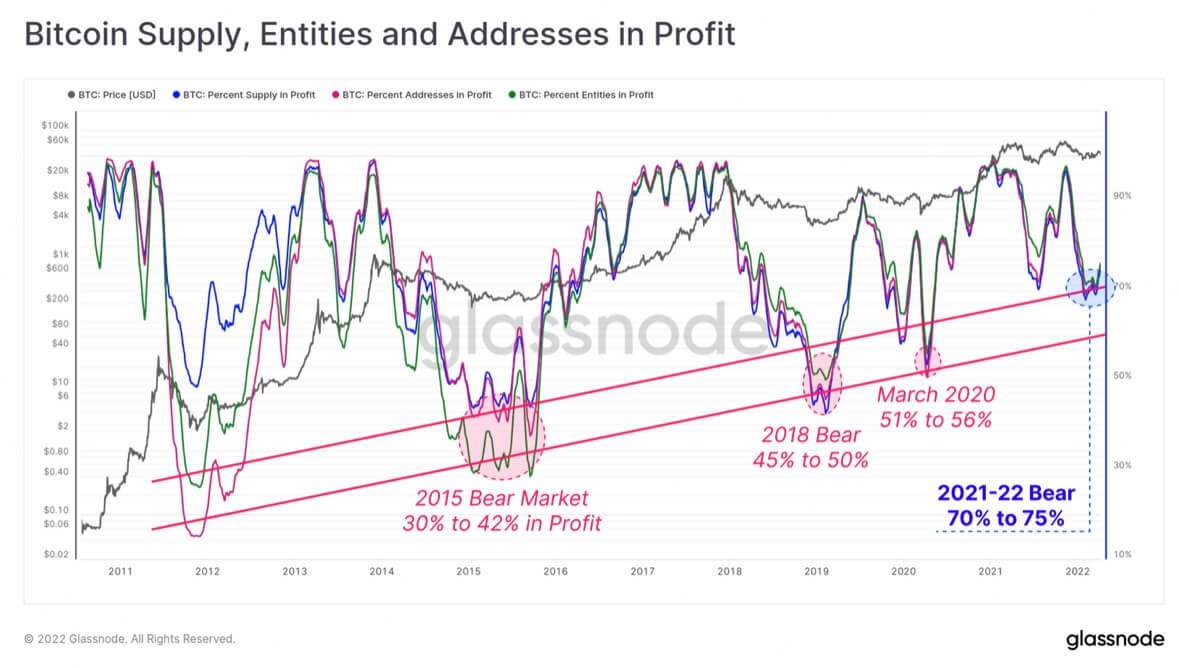2020-12-11 01:03 |
Privacy has been one of the hot buttons in the crypto space. In a new report, leading blockchain analytics firm Elliptic reviews the industry's illegal activity levels this year.
On Wednesday, the firm released a study showing that criminals are now laundering Bitcoin using private wallets like Wasabi.
The Hunt for PrivacyPrivate wallets are known for their privacy features. They obfuscate funds and hide their origins from tracking mechanisms, through a process called coin mixing.
Mixing works by swapping coins between users. It creates a complex network of transactions designed to create a maze that throws trackers off a transfer over time.
Elliptic explained that 13 percent of Bitcoin crime proceeds are now being laundered through these services. The number is up from the 2 percent reported in 2019.
Tom Robinson, Elliptic's Chief Scientist, explained that the use of privacy wallets had grown primarily due to the increased identity verification standards operated by exchanges and traditional wallet providers.
While the general use of these privacy wallets has increased, there is a noticeable uptick in criminal applications.
Blame the Government and Analysis FirmsMixers have also grown in prominence thanks to increased tracking technologies and procedures from firms like Elliptic.
Chainalysis and CipherTrace, two of the foremost analytics firms in the blockchain space, have worked extensively with regulators to crack down on illegal activity this year. Seeing nowhere else to turn to, criminals are now being inventive and using mixers.
CipherTrace has been incredibly effective in cracking down on privacy-related activities in the crypto space.
In August, the firm announced a new tool to track Monero transactions, the most popular privacy coin. It has even filed two patents to improve tracking for Monero.
In a blog post, CipherTrace stated that the patents would include forensic tools to explore transaction flows in Monero and assist financial investigations. They will also have probabilistic and statistical methods to score transactions and cluster possible wallet owners, as well as visualization tools and techniques to track stolen or illegally used assets.
“CipherTrace's Monero tracing capabilities will allow [Virtual Asset Service Providers] to identify when inbound XMR may have criminal origins, allowing them to adequately risk rate customer transactions per any required regulations.”
CipherTrace added that it aimed to improve criminal users' detection and improve the safety and sustainability of privacy coins.
The development follows an earlier $625,000 bounty program set by the Internal Revenue Service (IRS) for anyone who can develop Monero tracking tools. As privacy becomes more of a luxury in the crypto space, it is understandable that criminals would want to get inventive and use privacy wallets.
The post Elliptic Report: Crypto Criminals Turn to Privacy Wallets to Launder Bitcoin first appeared on BitcoinExchangeGuide. origin »Emerald Crypto (EMD) на Currencies.ru
|
|


























